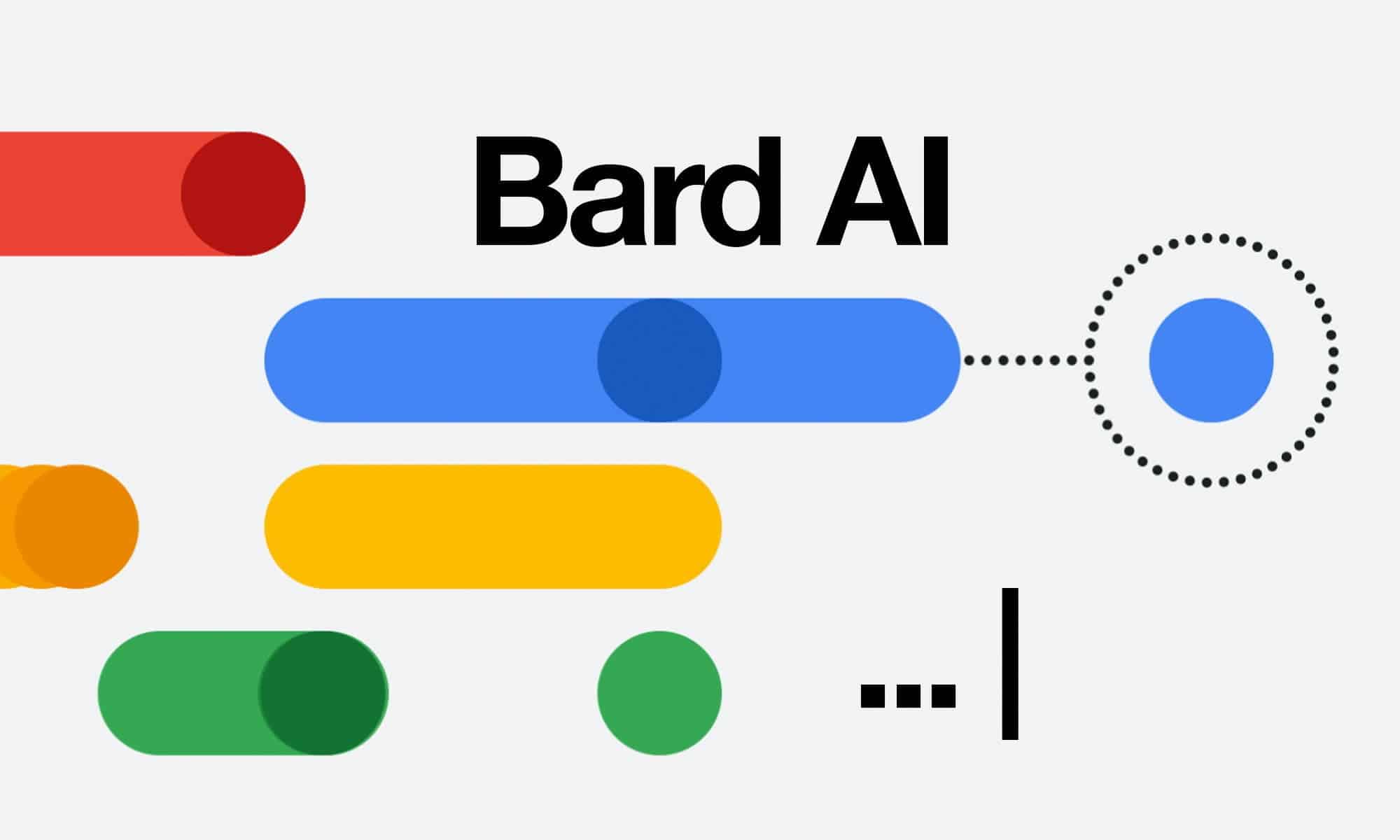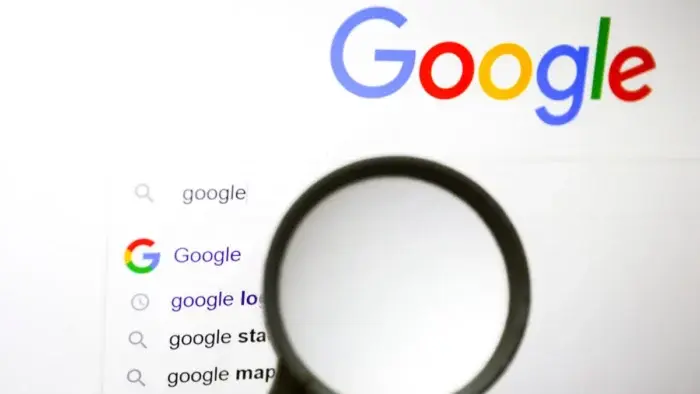Google is currently developing an all-new search engine powered by its latest AI technology. Meanwhile, the company is also working on adding AI-based features to its existing search engine under the project name Magi. The new search engine aims to offer users a more personalized experience by anticipating their needs, as reported by the NY Times.
New AI-Powered Google Search Engine in Development

A team of designers, engineers, and executives are responsible for building this new search engine, which could potentially integrate new AI technology into phones and homes worldwide. However, the project is still in its early stages, with no set release date.
The goal of this new search engine is to learn users’ needs based on their search queries and provide preselected options for objects to buy, information to research, and other relevant data. Additionally, it aims to be more conversational, resembling human interaction.
In 2009, Google attempted to personalize search results for all users but later admitted that personalization had limited benefits. Now, Google’s new search engine project shows the company’s ambition to reimagine the search experience in the face of competition from Microsoft Bing and other players.
Project Magi: Enhancing Current Google Search

Simultaneously, over 160 Google employees are working to add new features to the existing Google Search under the code name Magi. These features could be released as early as next month for a subset of users. With Magi, users could complete transactions, such as purchasing items or booking flights. All while incorporating the existing search ads that generate significant profits for Google.
The project may let users ask coding questions. It can generate code based on their requests. Ads will be placed under the code answers.
Aside from the new search engine and Project Magi, Google is working on other initiatives, including:
- Enhancing Google Earth’s mapping technology with AI and enabling users to search for music through chatbot conversations.
- GIFI, which uses AI to generate images in Google Image results.
- Tivoli Tutor, an AI-based language learning tool that uses open ended text conversations.
- Searchalong, which allows users to ask chatbot questions while browsing the web through Google’s Chrome browser.
Lara Levin, a Google spokeswoman, said to the New York Times that not all ideas become products. Google is excited about adding new AI-powered features to search. They will share more details soon.
Why This Matters
The speed at which Google adapts and responds to competition from OpenAI and Microsoft is intriguing. Search is changing quickly. It’s interesting to see how marketing strategies will evolve. This includes search ads, SEO, and other types of marketing. We’ll see what happens in the coming months.
As these developments unfold, we will continue to provide updates and insights into the changing world of search.
One of the key drivers behind Google’s efforts to improve its search technology is the increasing importance of AI in the digital age. With more and more data being generated every day, it’s becoming increasingly difficult for humans to sift through this data and find the information they need. AI-powered search engines like Google’s new project have the potential to make the process of finding information much more efficient and personalized. By using AI to anticipate user needs and provide more relevant search results, Google can maintain its position as the dominant search engine in the market.
In conclusion, the advancement of A.I. technology has led Google to explore new possibilities in search engines. Google has made a new search engine and the Magi project. These aim to create a more personalized, interactive, and relevant search experience. Google is known for innovation. We’re excited to see how these changes will affect search ads, SEO, and marketing.





